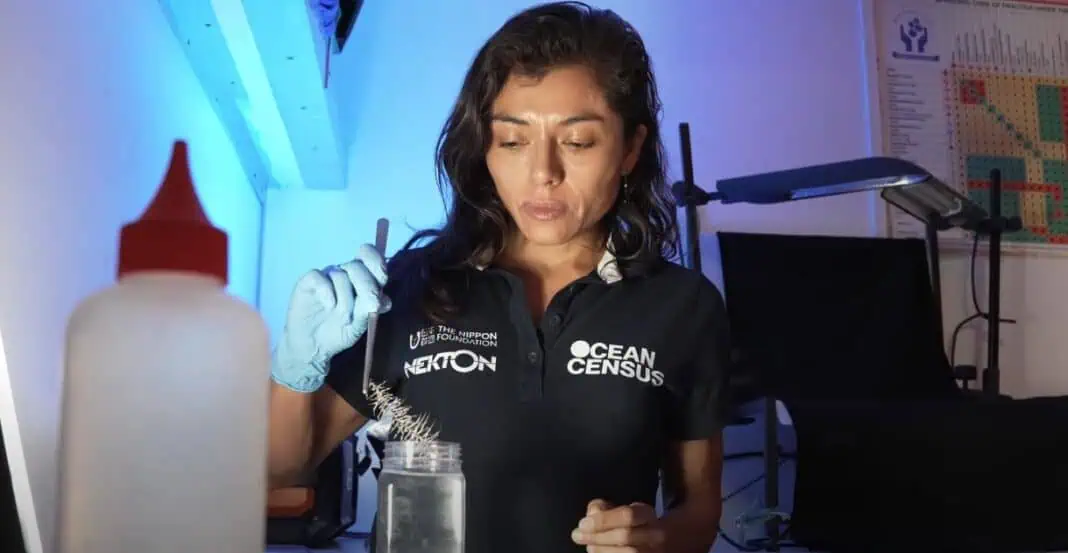The Nippon Foundation-Nekton Ocean Census has announced the discovery of 866 new marine species.
The program aims to increase our understanding of the ocean and is a collaborative effort to document the world’s marine species to help marine conservation. It can take up to 13.5 years for a new species to be documented, which sadly means that in some cases, they are extinct before being formally classified.
The Ocean Census aims to speed up the process so these species can be recognized quickly.
Some of the highlights of the new species found include:
- Guitar Shark: Found at a depth of nearly 200m off Mozambique and Tanzania
- Turridrupa magnifica: A gastropod that can be found at 200–500m depths off New Caledonia and Vanuatu
- New octocoral: Found in the Maldives.
Commenting on the Ocean Census, the Nippon Foundation’s Executive Director Mitsuyuki Unno stated:
“The ocean covers 71% of our planet, yet it is said that only around 10% of marine life has been discovered so far, leaving an estimated 1–2 million species still undocumented. These latest findings demonstrate how international collaboration can advance our understanding of ocean biodiversity.”
While Ocean Census Head of Science Professor Lucy Woodall stated:
“Too many species remain in limbo for years because the process of formally describing them is too slow. We urgently need to change that and adding the Species Discovery step gives us a way to rapidly start the process. Every new species — a shark or a sponge — deepens our understanding of marine ecosystems and their benefits for the planet.”
Oliver Steeds, the director of the Ocean Census, added:
“The past two years have been transformative for the Ocean Census: we’ve pioneered new methods, forged key partnerships, established a global network of participating scientists, and overcome the hurdles of a truly global mission. Our estimates suggest that discovering 100,000 new species could require at least US$1 billion. We are laying the groundwork to make large-scale species discovery a reality, but our impact will ultimately be determined by how this knowledge is used to support marine protection, climate adaptation, and biodiversity conservation.”
You can check out a video about the Ocean Census below.

